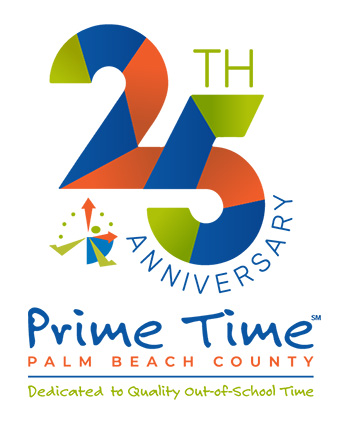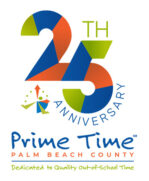9:00 am - 11:00 am
City of Pahokee Parks & Recreation Afterschool Program
360 East Main Street
Pahokee, Fl 33476
It was a great experience, I learned a lot. It gave me the opportunity to see some areas where I need to work to better my leadership and my program!
Lorena DAfterschool Professional
Fostering Teamwork – IN-PERSON
Teamwork can have a dramatic impact on how youth perceive themselves in relation to their peers, how they perceive their own efficacy and abilities, and even have a positive impact on how they perceive opportunities for broader systemic change and their role in improving their community. In this workshop, we explore how and why to foster teamwork among youth. Benefits for teamwork show that youth who learn how to collaborate and coordinate action with others increases motivation, retention of facts, academic achievement, improved intergroup relations, a sense of individual control, and positive effects on both high-achieving students and shy or introverted students.
Upon successful completion of this training, the participant will earn 2.0 clock hours (.2 CEUs) of training.
Training Objectives
Participants will:
- Define teamwork and understand its role within OST.
- Understand common challenges of group dynamics.
- Learn 2-3 norm-building techniques and list 2-3 facilitation skills that build group identity and trust among youth.
Core Knowledge, Skills and Competencies Addressed (CKSCs):
Child/Youth Growth and Development
Identify – F. Identifies physical, cognitive, language and communication, well-being and life skills, and creative development benchmarks.
Apply – C. Communicates about physical, cognitive, language and communication, social and emotional, cultural, and creative differences among children and youth.
Learning Environments and Curriculum
Physical and Cognitive Development
Apply – B. Implements strategies to develop young people’s self-awareness, social awareness, self-management, relationship-building and responsible decision-making skills,
Apply – D. Incorporates activities promoting cognitive, social, emotional, and physical development.
Relationships and Interactions with Children and Youth
Individual Child / Youth Guidance
Identify – A. Recognizes the impact of group dynamics on learning and development and that working with groups is different from working with individuals.
Apply – C. Plans and guides group activities to teach children and youth cooperation and collaboration.
Apply – D. Observes and evaluates group activities and transitions and adjusts to enhance experiences.
Apply – E. Gathers direct input from children and youth to improve group experiences.
Apply – G. Utilizes group management strategies based on theories of child and youth development.
Primary QIS Scales Addressed:
I. Safe Environment
I-E. Creating Safe Spaces
I-E-1. Foster positive climate
II. Interactive Environment
IIIL. Fostering Teamwork
III-K. Sense of Belonging

